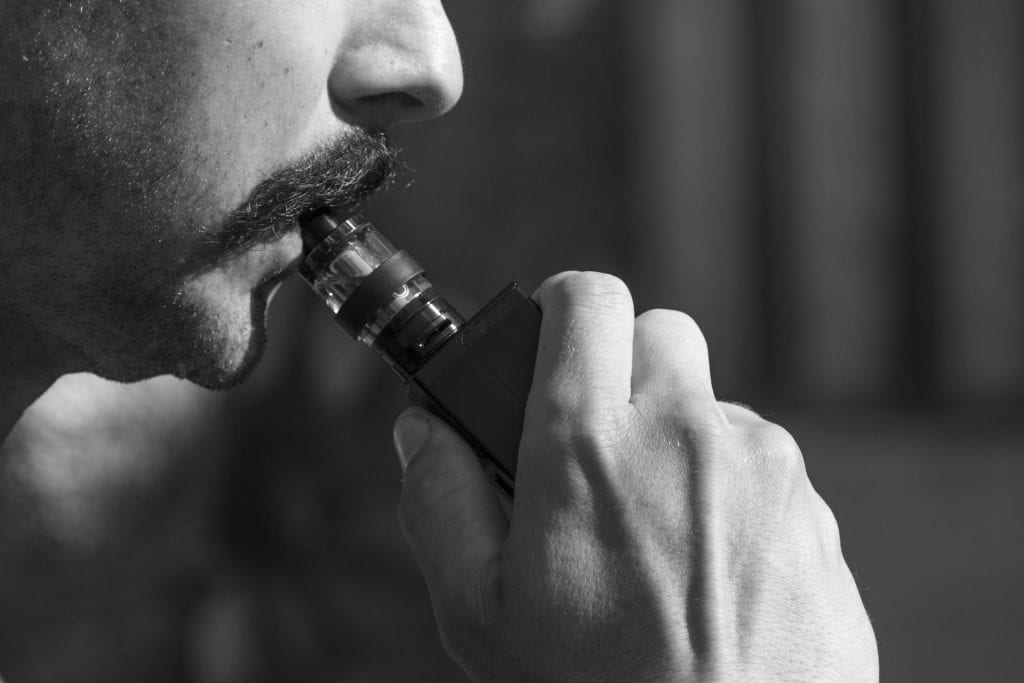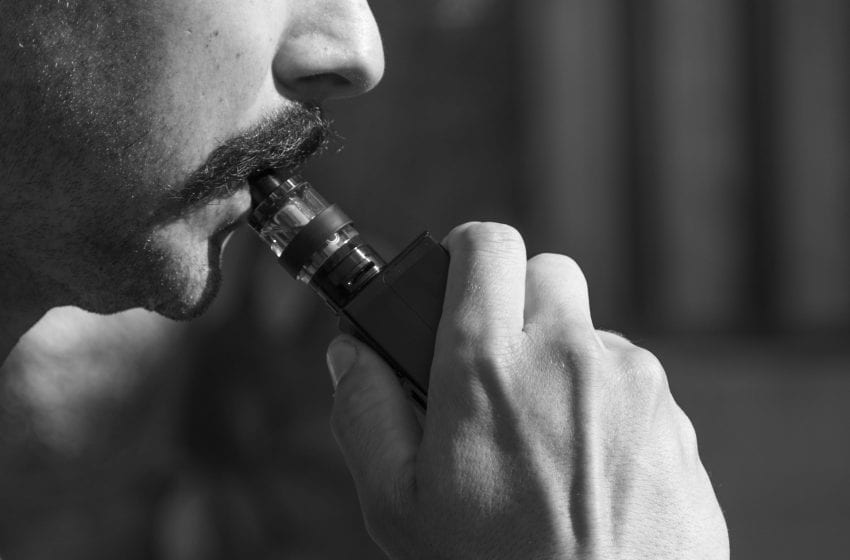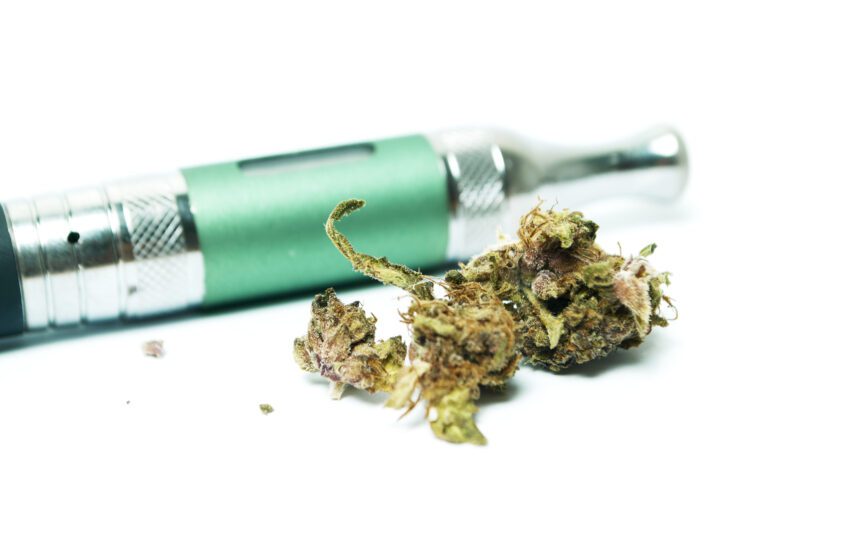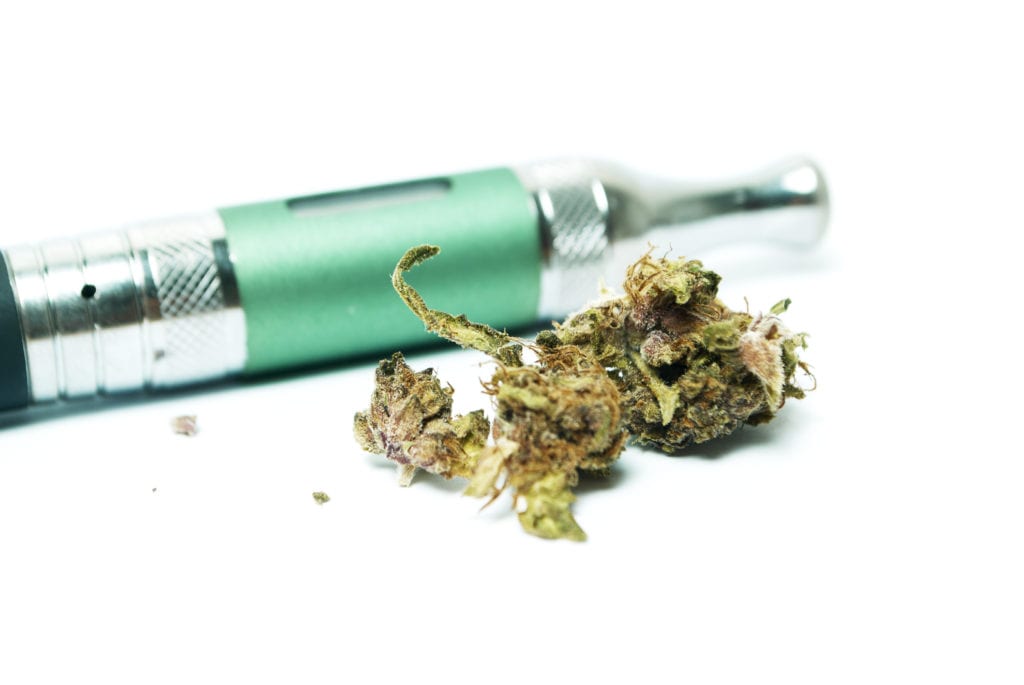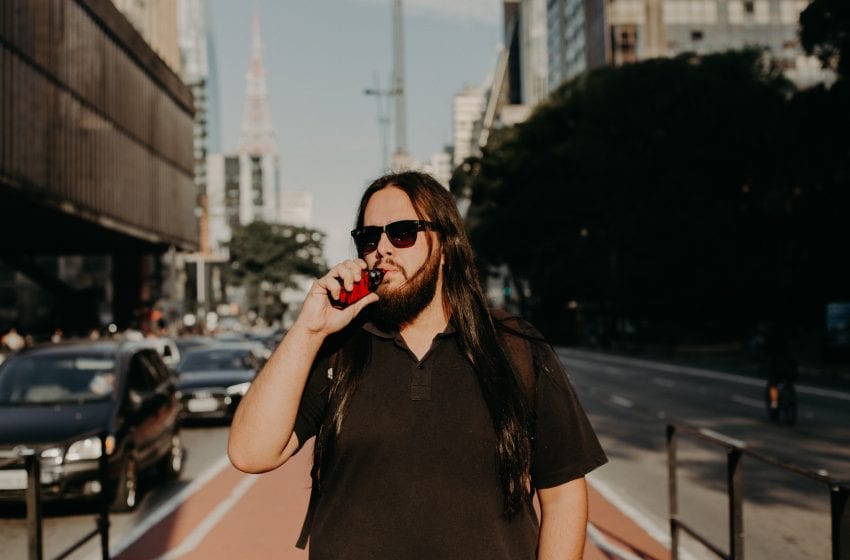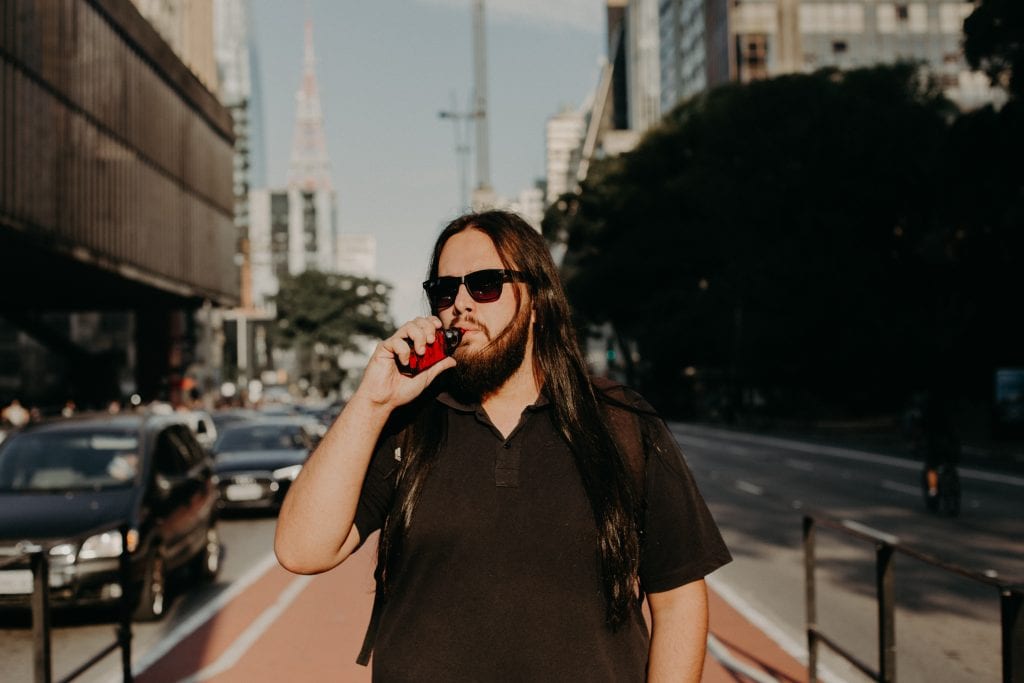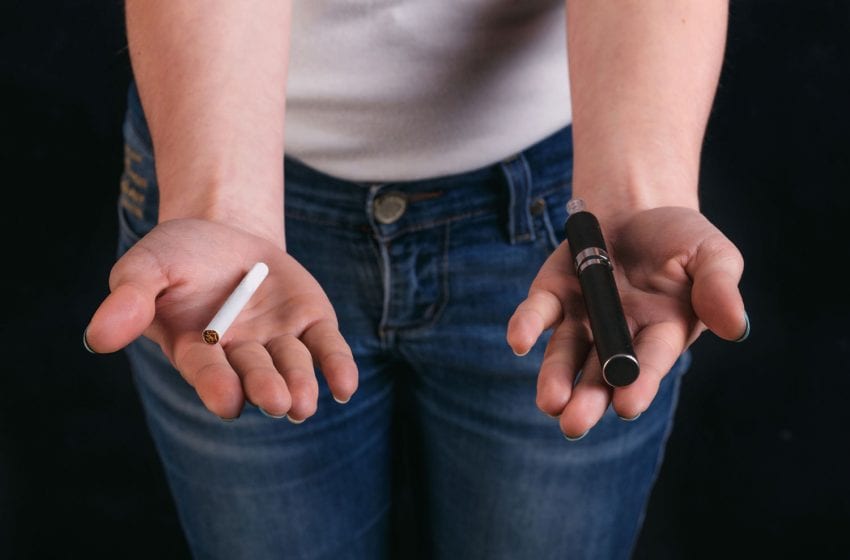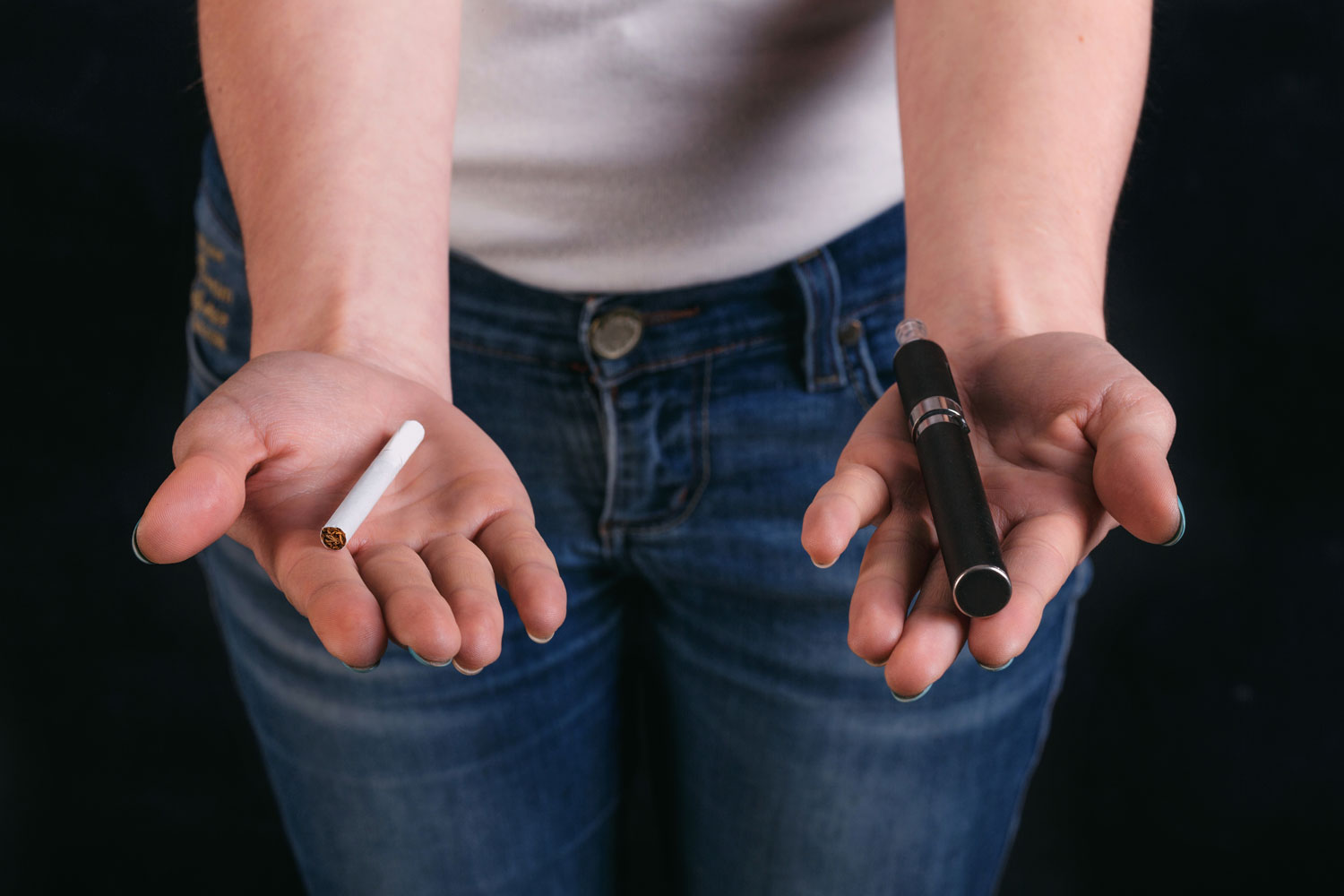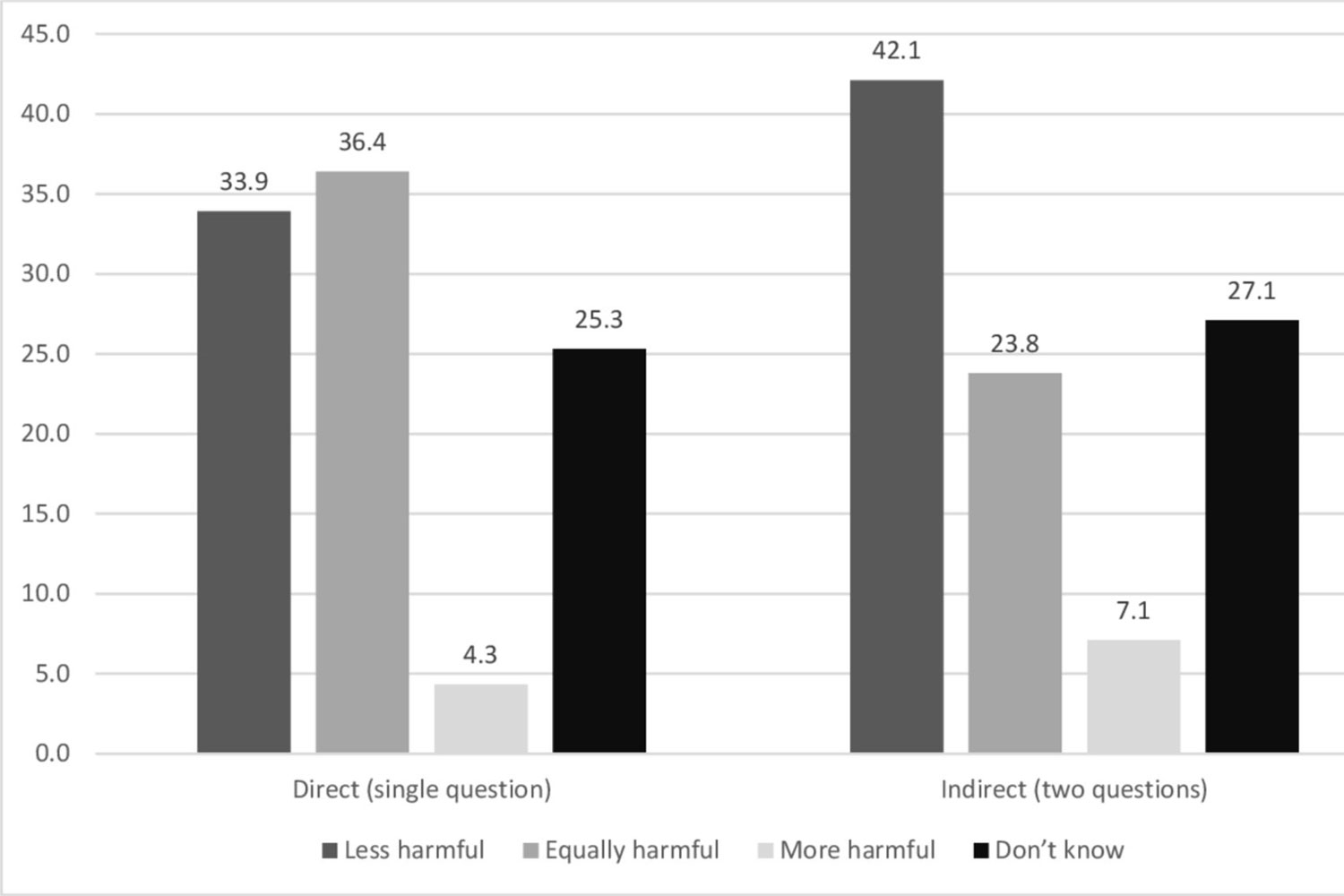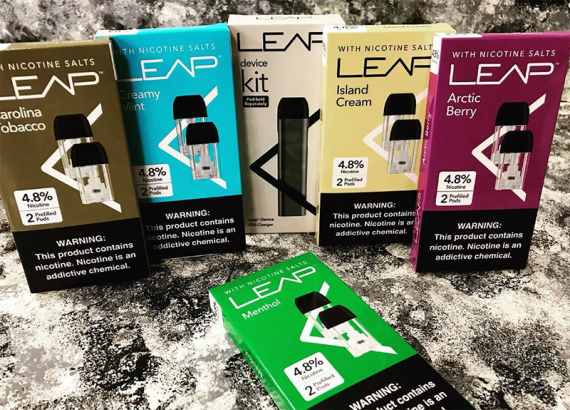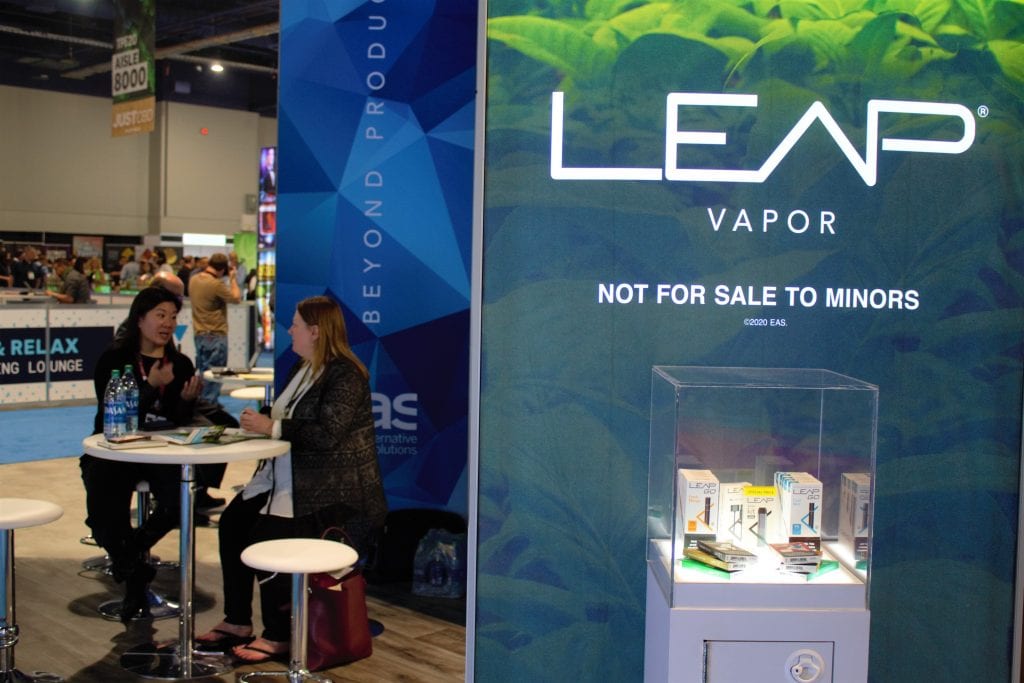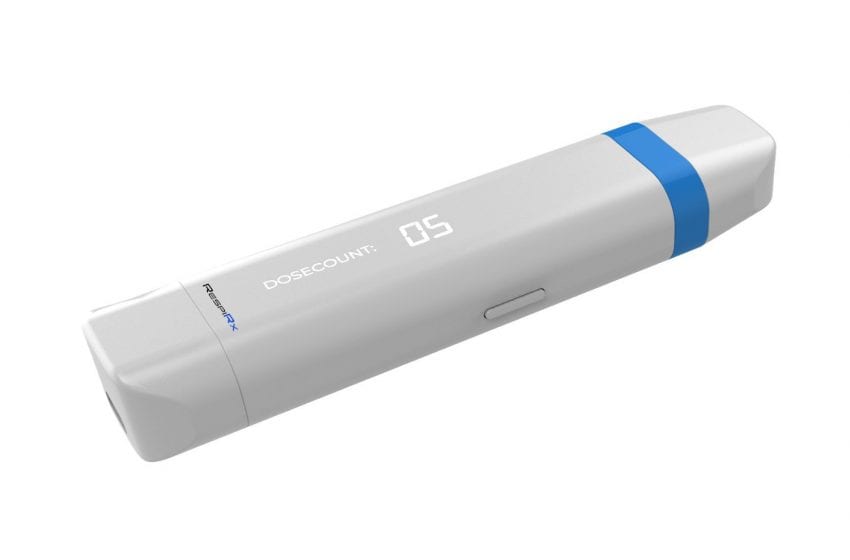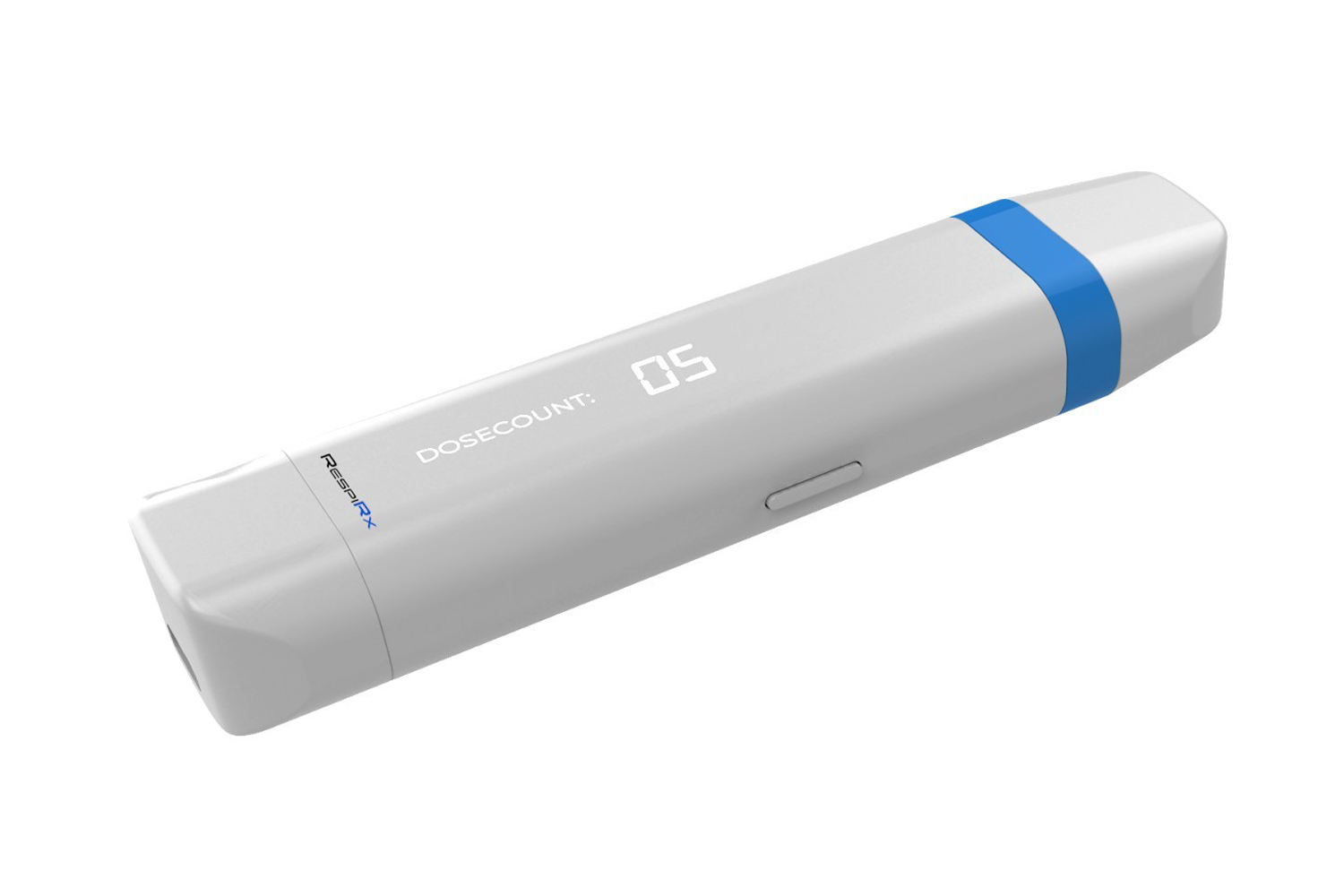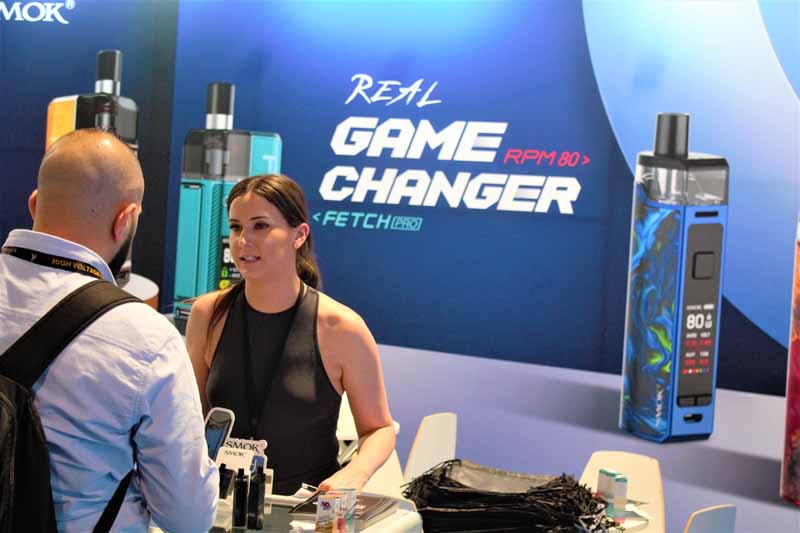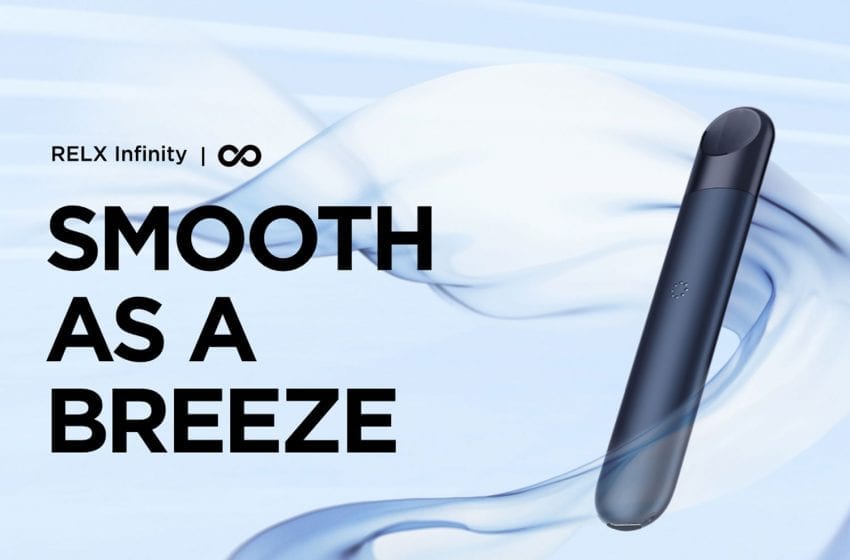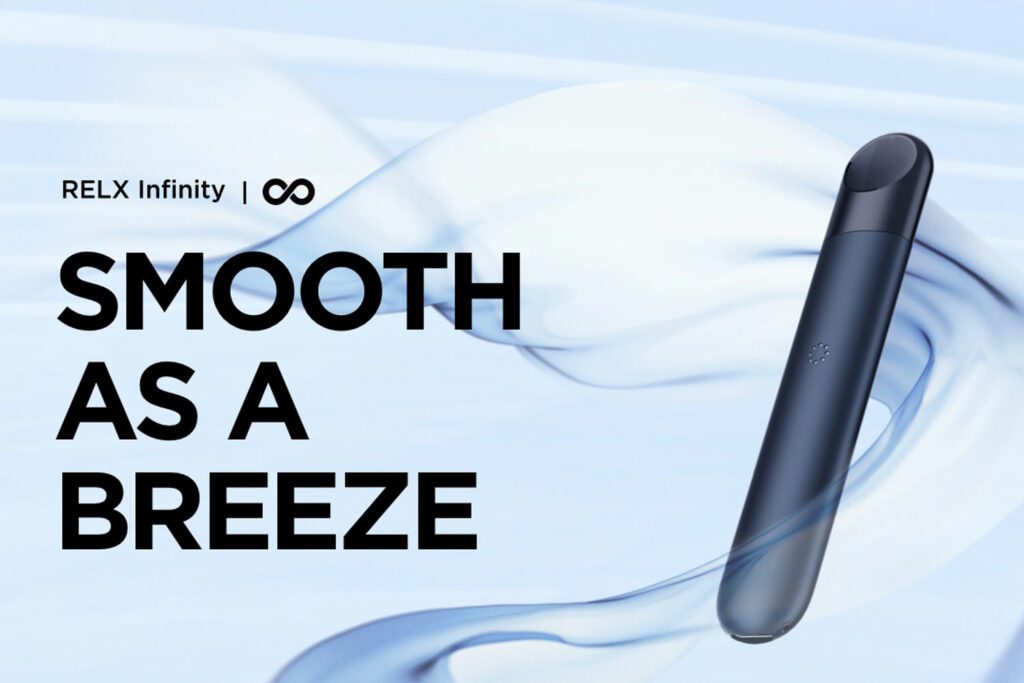The marijuana market took a big hit last year after consumers of black market THC vaping products started to become ill, often with fatal consequences. As a result, companies have been on high alert, making safety a priority when crafting both nicotine and cannabis vape products, according to an article on Forbes.com.
With Covid-19 still a reality, experts are foreseeing a boom in the vaping market this summer. So, what else do they see in their crystal ball post COVID-19? Find out below. Among those weighing in are Tom Brooksher, CEO of Clear Cannabis Inc; Cortney Smith, CEO and founder of DaVinci; Dan Gardenswartz, chief financial officer of Spherex; and Elizabeth Hogan, vice president of brands at GCH Inc (parent company of Willie’s Remedy and Willie’s Reserve).
The Forbes article expresses that the following Q&A has been edited for conciseness and clarity.
Iris Dorbian: Why do you think the vape market will see a boom in the summer?
Tom Brooksher: Traditionally, summer is a strong season for cannabis sales as people purchase our products to enhance their vacations and time spent outdoors. As restrictions are lifted, we expect a pent-up demand for cannabis products that can be conveniently used in conjunction with outdoor activities. We also expect the phased reopening of tourism in key tourist/cannabis markets, such as Nevada, California, Colorado and Florida, to positively impact vape product sales.
Cortney Smith: Even as we enter an uncertain economy amid a recession, I still believe the vaporizer market has been growing steadily over the past few months and will continue to flourish. If anything, the pandemic has opened more people up to the possibilities of cannabis during a stressful time, and we’ve seen an uptick in new consumers
Elizabeth Hogan: We’re seeing people return to their favorites and stock up on proven winners—vape products included. With the fear of spreading germs, vapes sales will continue to grow as consumers move away from shared joints or bowls. Vapes are less harsh on your throat and lungs than smoking and take effect more immediately than edibles. This summer, it’s going to be a good idea to be prepared and bring your own. We’re sharing in spirit only these days.
Brooksher: We’ve done very well, all things considered. Our sales would have been even stronger in Colorado and Nevada had the pandemic not hit. In general, we’re seeing strong brands – high quality products with name recognition – holding their own or even growing during the pandemic, and weaker brands struggling or potentially failing.
Gardenswartz: We definitely felt some pressure during April and May. We also engaged in aggressive social media messaging to maintain communication with our consumers, as well as daily contact with our dispensary partners in all jurisdictions to mitigate any downward pressure. For vaping specifically, our customers reported a notable shift from typical joints to vape pens, which was largely driven by health and sanitary concerns. They are also cleaner and longer lasting. We don’t see this trend changing anytime soon.
Dorbian: How is your company positioning its vape line in response to the anticipated boom in the vape market?
Brooksher: Perception of value on the part of consumers is always important for cannabis brands and we don’t see that changing. That doesn’t mean cannabis consumers are focused on the cheapest product. They’re willing to pay for a quality product, but only if they perceive that it’s a good value – specifically that it’s safe, will provide a good experience, and matches their needs and preferences.
Smith: We recognize the need for personal vaporizers, especially in a time when cannabis consumers are shifting from a culture of sharing devices to more individual consumption. My team and I also continue to dream up new innovations, because I never want us to rest on our laurels. We’ve spent the past three years developing a new limited-edition iteration of the IQ2, that allows for cooler temperatures, and we’re finally launching it this summer. There’s no time like the present to be innovative and bring new solutions to the public.
Gardenswartz: During the lockdown, we worked aggressively to fine-tune quality control and production efficiency across the company, and those initiatives will benefit us not only this summer, but over the long-term. We view our products as “accessible luxury” – premium products priced at accessible levels. With Spherex, consumers can have the best of both world: the best products out there at very accessible prices.
Hogan: Willie’s Reserve vape line product offering has been expanding over the last year, adding CBD:THC ratio products, collaborations with musicians (Nathaniel Rateliff and Margo Price) and introducing 1-gram cartridges for consumers looking for more value. We have also seen a growing consumer demand for different forms of concentrate in vape cartridges. The combination of distillate and cannabis-derived terpenes is becoming very popular. In response, we launched our new line of live resin craft cartridges in Colorado. The live resin cartridges offer an even more flavorful draw than distillate.
Dorbian: What precautionary measures is your company enacting to ensure the safety of its vape lines?
Brooksher: We were fortunate in that our products were very safe to begin with. We’ve never used vitamin E acetate or any other toxic fillers, and we eliminated the use of MCT oil prior to it becoming an issue. In addition, we only use CCELL ceramic heating cartridges and hardware that are made with food and medical-grade material of the highest quality. As a result, we’ve had zero problems with product safety.
Smith: We’ve always built safety into the very DNA of our devices from the start. Beyond the specific safety measures we’ve taken to protect our employees and maintain best practices throughout the pandemic, we haven’t changed a thing about the device itself. DaVinci devices are created responsibly with clean hardware, with medical-grade components like a zirconia air path and feature an array of safety certifications such as Rohs, FCC and CE.
Gardenswartz: Fortunately, Spherex didn’t experience a notable negative impact from last year’s crisis. Spherex has and will continue to use only the best material, run through the cleanest process, put into the best hardware and packaging, resulting in clean, potent and superior end products. We plan to keep most, if not all, of the precautionary measures we enacted around COVID, even beyond the point that the virus is under control, which could be never.
Hogan: Transparency and cooperation in every direction are the two most important ingredients in safe cannabis. At Willie’s Reserve, we have alway been cognizant of how some negatively view the cannabis industry and our goal is to combat their doubt with clean products and safe procedures. Since this has always been a focus of ours, we have not had to change in wake of last summer’s illicit market issues. Our motive and the motive of some of these illicit market manufacturers are very different and our product quality is a testament to that.
